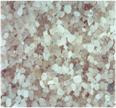|
Civil Engineering and Geotechnical Testing |
|
Lab Services Pte Ltd |


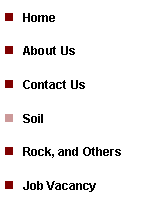
|
We provide the following specialized testing services for soil, rock, concrete, bio swale, filter media for transition & drainage layers and also various grout mixes for soil stabilization and improvement works. |
|
Services |
|
Physical Tests These tests assist in determination of the basic soil identity for classification purpose, eg. fine grained soil (SILT & CLAY) or coarse grained soil ( SAND & GRAVEL). Classification tests to determine index properties are used extensively by engineers to discriminate between the different kinds of soil within a broad category. · Moisture and Density determination · Liquid and Plastic Limits (Atterberg Limit) · Particle Size Distribution ( Sieving and Hydrometer) · Specific gravity/ Particle Density
|
|
SOIL |
|
Mechanical Tests Soil strength, deformation and permeability are characteristics of soil required for many construction projects in which total stresses, effective stresses, rate of settlement and drainage properties are important features. · Compaction / CBR · Triaxial Compression Tests · Direct shear box · One-dimensional Consolidation · Permeability (Hydraulic Conductivity) · Direct Simple Shear Test · Cyclic Simple Shear Example of cyclic result— cyclic.pdf |
|
Chemical Tests This part of test covers the determination of the amount of chemical substances, including organic matter, in samples of soil and ground water. Some electrochemical and corrosivity properties of soil and water samples are also included in the following test list. · pH value · Chlorides/ Salinity · Sulphates · Organic Content · Carbonate Content · Electrical Soil Resistivity · Thermal Soil Resistivity/ Thermal Conductivity |
|
Tests for soil include physical, chemical and mechanical properties. For more details and information on soil testing, please contact us for a non-obligatory discussion. |

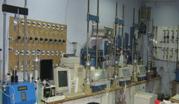

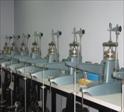
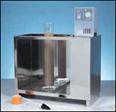
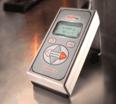
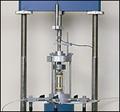
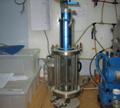
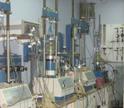

|
Our address: 10 Ubi Crescent #04-79 Lobby D Ubi Techpark Singapore 408564 Phone: (65) 6749 6009 Fax : (65) 6749 3936 Email : enquiry@labsvcs.com.sg |
